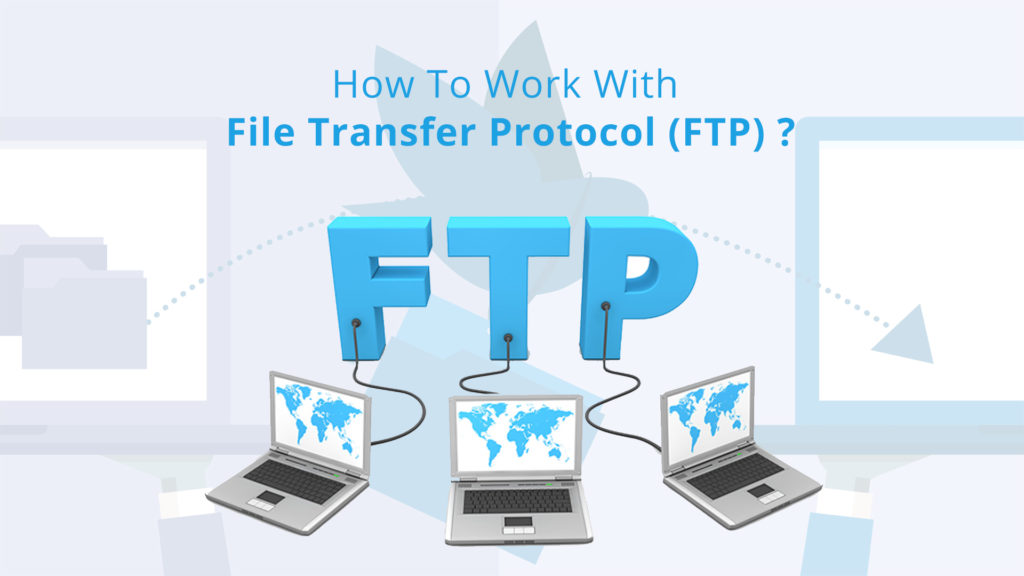In today’s digital age, an eCommerce platform is the future of business and is essential for any business that wants to sell products or services online. However, with so many options available, it can be difficult to know which platform is right for your business.
To help you make the best decision, here are 13 crucial factors to consider when choosing an eCommerce platform:
Table of Contents
The Cost Of The Platform
You’ll want to consider the cost of the platform before making a decision. There are several costs to consider, including the initial cost for the platform development and recurring maintenance costs.
Different platforms will charge you different prices based on the features available on the platform, the level of support, and services. As such, it’s important to choose based on the features necessary for your business first.
These features may include user-friendliness, support, and marketing add-ons. Remember to compare different platforms’ monthly or annual fees to find the most affordable option. You should also aim to find a platform that’s within your budget.
The Target Audience
Your target audience is the people you intend to sell your products to. While selecting an eCommerce platform, you need to have them in mind as the platform will be designed around their needs and preferences.
You can categorize your target audience based on numerous factors like gender, marital status, age, income levels, education levels, and occupation.
For instance, if your company intends to sell clothing items for teenagers, your platform should address their interests and be compatible with apps like Instagram, which is popular with teenagers.
The Platform’s Features
When considering an eCommerce platform, make sure to look at the features it offers. Does it provide everything you need to run your online store? Or are certain features important to your business that are not offered by the platform?
Some key features to look out for include the management system of the platform, which controls uploads to the site and processes customer orders and returns. You should also consider the design of the platform.
Migration is also a key feature to consider. It’s always possible that you’ll decide to switch to a different eCommerce platform down the road, so you’ll want to know how easy it will be to migrate the data from your current platform to another one.
The Security Features
In this digital era, cybersecurity threats are rampant and can breach trust between your business and clients. Ecommerce platforms like Poshmark handle sensitive data, including client personal and financial details, requiring high levels of security.
Ensure that the e-commerce platform you choose offers robust security features to protect you and your customers. Some simple ways to improve your platform’s security include updating software regularly, monitoring the sites you visit, using a firewall, strong passwords, and two-step authentication.
The Ease Of Use
You’ll want to choose a platform that is easy to use for you and your customers. Otherwise, you’ll likely end up frustrated with the platform, and your customers will have a negative experience with your online store.
Ensure that clients can easily find what they are looking for on the platform and that submitting an order and purchasing items is hassle-free. Ease of use will help establish the credibility of your brand and provide a smooth experience which will result in customer loyalty.
A good way to increase ease of use is to have a robust feedback system to help you find and handle the challenges. You should also choose colors and fonts that are easy to see and read, have easy navigation, and have a good layout.
The Design Options.
Another important factor to consider is the design options offered by the platform. Consider the aesthetics. Does the platform allow you to create a professional-looking online store that accurately reflects your brand?
Or are the design options limited and inflexible? Look at the available templates and whether they are the right fit for your needs and your clients. You should also consider how interactive the design is.
Your platform should also include options for promoting your store, such as marketing add-ins that can support your marketing strategy.
Customer Support Level
If you run into problems with your eCommerce platform, you’ll want to be able to get help from customer support quickly and easily. Make sure to determine the level of customer support the platform offers before deciding.
Issues with the system will affect you and your customers, so it’s important to have a fast and responsive customer support team. Check on. Some providers offer round-the-clock support, while others are available during specific times.
An ideal platform should offer round-the-clock support, which will be handy in case of emergencies.
Scalability
As your business grows, you’ll need an eCommerce platform that can scale with you and will be able to handle the increased demands of the business. Switching to another platform might be disruptive and costly so ensure you select a platform that offers flexibility and can accommodate your future needs.
A scalable platform should be able to handle several stores or brands, bulk orders without glitches, and balance loads based on orders. There are several ways to gauge the scalability of a platform.
First, asses how it handles scaling by looking at how the platform operates when you make updates, especially during peak periods. Does the platform have the capacity to manage more demands? Also, consider the process. Is the platform adaptable and flexible?
The Payment Methods Supported By The Platform.
You’ll need to ensure that the eCommerce platform you choose supports the payment methods you want to use for your online store. Otherwise, you could lose out on potential sales from customers who prefer those payment methods.
A good platform should offer multiple payment options to cater to a wider range of local and international clients. Popular payment options include mobile wallets, credit cards, and payment on delivery.
Supported Integrations
An eCommerce platform comprises numerous entities from suppliers, customers, customer service teams, and many others. You should compare the types of integrations the platform supports against your business needs.
For instance, can the platform integrate with the other software you use for your business, such as accounting or customer relationship management? What about shipping carriers or dropshipping services?
Platforms Mobile Friendliness
According to statistics, 83.4% of the world’s population has a smartphone, which translates to 6.64 billion people out of 7.75 billion people on the planet. In today’s world, more and more people are shopping on their smartphones, so you want to choose a platform that offers an app for mobile users.
Since most people also access social media sites and other popular websites on their phones, your platform must create products that clients can access through Facebook, Instagram, and other mobile-based applications.
The Platforms Reviews And Testimonials
Finding someone to talk to can give you a great idea about their overall satisfaction with a particular platform. Reviews can also give you an insight into the quality of service to expect, including the user-friendliness of the platform and the level of customer support to expect.
Additionally, reviews can also help you understand the platform developers’ ethics, work quality, experience, and reputation.
Seo Friendliness
A good eCommerce platform must be SEO-friendly. Search engine operation(SEO) is the process of making your site more visible to users when they search for products similar to yours on the internet. Increased visibility results in higher page traffic, which can translate to more sales.
Some ways to make your platform more SEO-friendly include having a great mobile-friendly design, using keywords when creating content, and creating unique and relevant content.
Choosing the right eCommerce platform for the first time can be daunting. There are a lot of factors to pay attention to. However, if you know what to look for in a platform and keep those factors in mind, you should be able to determine which one is right for your business needs presently and in the future.
Remember to check out different platforms before settling on one to ensure you get the best.




